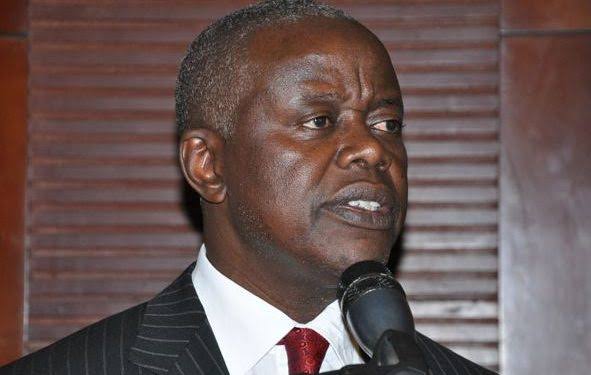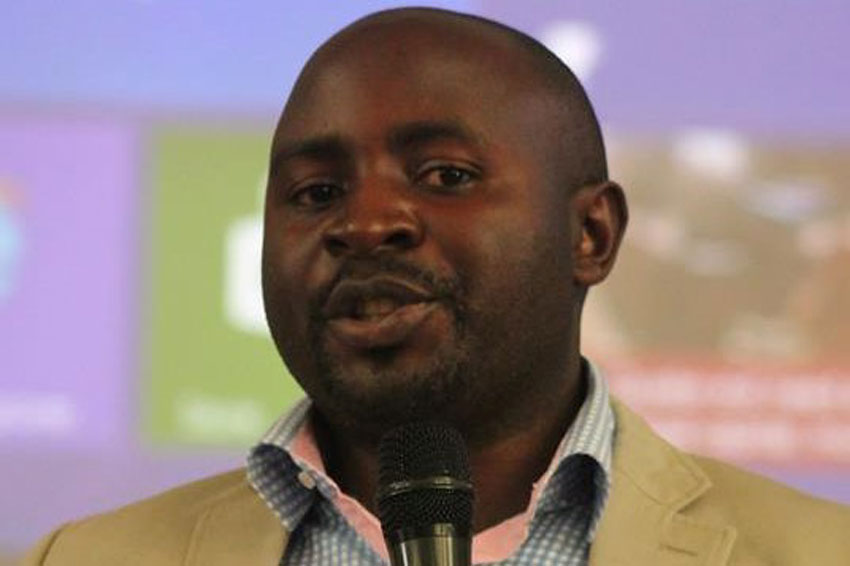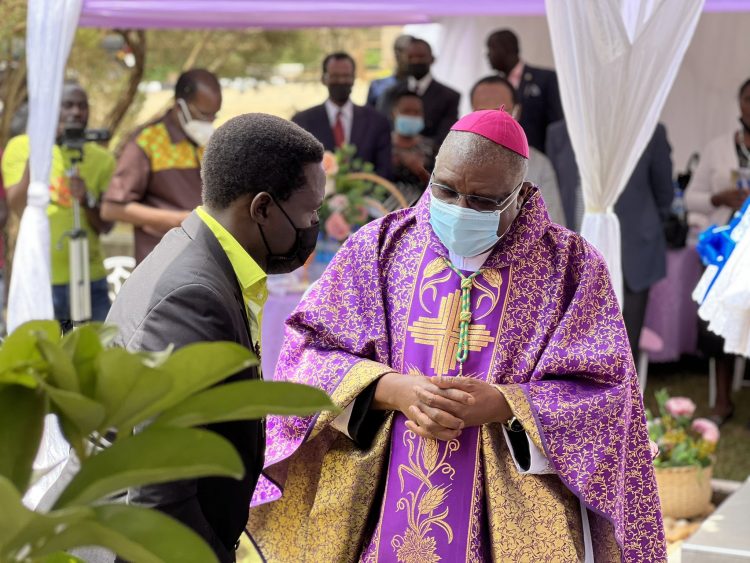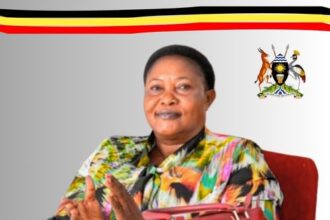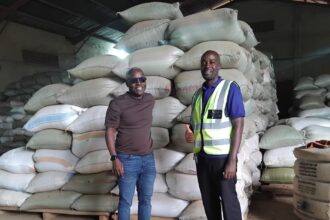Someone sent a quote allegedly from a one “Prof.” PLO Lumumba to an internet chatgroup I belong to. Lumumba claims to have run for a parliamentary constituency and I supposed in his native country of Kenya. He is quoted saying: “I held 250 town hall meetings. I articulated solutions to our problems in my constituency. My opponent did not campaign at all. He gathered money and showed up one day to elections. He distributed money. He won. Africans are not moved by ideas. Their stomach leads them.”
Lumumba’s argument is important for moral and economic reasons even though his use of one incident to make a broad conclusion about “Africans” is absurd. Besides who is the best judge of the appropriate “solutions” for the constituency? In democratic politics, the voter has the final say. Voters may have listened to Lumumba in those 250 townhall meetings and concluded that his solutions do not serve them well.
Elections take place in a context. In a country like Kenya, politicians make many promises to deliver public goods and services. After elections the voters realize that the promised roads and bridges, schools and hospitals, water and electricity lines did not materialize. Voters use this experience to make decisions on polling day. When Lumumba makes the same promises they have listened to before and been disappointed, they are not inclined to believe him. However genuine he may have been, it is hard for voters to distinguish him from previous candidates.
Secondly, whenever they have elected a legislator, voters have noticed that his/her personal fortunes greatly improved compared to their own. Being an MP in Kenya brings immense personal benefits: economic (high income), political (power), social (prestige) and cultural (status) to the elected individual. For a rational voter who knows these personal benefits to the MP compared to the disillusionment with public policy deliverables, it is better to extract something from the MP before they disappear in the capital.
Therefore, it seems to me that Lumumba’s opponent had better political smarts. He understood the psychology of the voter and decided to cash his promises in advance. Rather than hold 250 town hall meetings, it is better to share your expected earnings with voters in advance because they cannot trust your promises. When a candidate for parliament gives voters money, their benefit from him becoming an MP is certain – they share in the income he will earn. However, when a candidate promises public policy benefits, such a promise can only be met in the future, so it is uncertain. And experience shows it rarely translates into reality anyway.
Therefore, rational voters will choose the man who distributes cash over one who makes public policy promises. This is not because they only care about their stomachs. It is because they understand their reality better. Did Lumumba ask his constituents what solutions they needed or he decided to think for them because he is a professor? It is very possible that Lumumba is an armchair theoretician who wants to impose his vision on the masses who know their reality better. In any case, why does Lumumba think voters should accept his proposed solutions? He cannot be the student, set the exam and also be the examiner.
There is a moral issue as well. What is the profile of most voters in this particular constituency? The fact that they accepted cash handouts for their vote suggests that they are very poor. It is possible many of them have two poor quality meals a day, live in houses with rammed earth floor, made of mud and wattle and lack piped water and electricity. For them, a few kilograms of sugar and salt, soap and meat, alcohol or a little cash make more sense than high sounding professorial promises to change the world.
Given the circumstances of these voters and their experience with the Kenyan state, which of the two candidates is really moral: A man who promises electricity and roads to voters who are dying of hunger or one who actually feeds them i.e. meets their immediate existential needs? This is where elites in Africa are disarticulated from the reality of their people. We go to voters with assumptions about politics picked from the rich Western world. There, politicians promise running water and electricity to an electorate whose basic needs have already been met. And the state has enough revenues to pay for those public policy promises.
This brings us to the economic issue in this debate. Elites in Africa look at their governments using Western lenses. Our governments are very poor and therefore collect very little revenue and spend little money per person. For instance, public spending per person last financial year in Uganda was Shs 710,000 ($195 or $640 in PPP). Compare this with the USA where it was $19,000 in 2020. Even with the best of intentions and zero corruption or misuse of funds, the state in most of Africa cannot afford to serve the public as we expect it to – to pave the roads, deliver piped water and electricity to every homestead, ensure schools have classrooms, text books and quality teachers and that hospitals have drugs, beds, equipment and qualified medical staff to meet public needs.
African elites always ignore this financial handicap and invent reasons such as corruption (and there is a lot of it, but it not the cause but consequence of our poverty), selfish and greedy leaders etc. to explain the causes of poor service delivery. Yet many of these same elites come from homes where their parents could not provide them basic needs. They don’t blame their parents for being corrupt, greedy, selfish or uncaring. They know that even if their dad visited an occasional bar to have fun and “wasted” money on a few beers, that would not be the reason they did not get all the things they wished. Why imagine our governments, which are poorer, can afford to supply the services Norway renders to her citizens?
Incidentally, poor people in rural areas seem to understand this – perhaps their lack of exposure shields them from the delusions of our elites. They appreciate the limits on government – both human and financial. So, when a politician offers them money for votes, they find it a more realistic proposition than one who makes these wild promises that cannot be met. Lumumba is rich in rhetoric but poor in analysis. He needs to step down from the skies of utopia and stand on the hard rock of reality. Only then will he win an election and be useful to his Kenyan people.
Do you have a story in your community or an opinion to share with us: Email us at Submit an Article




